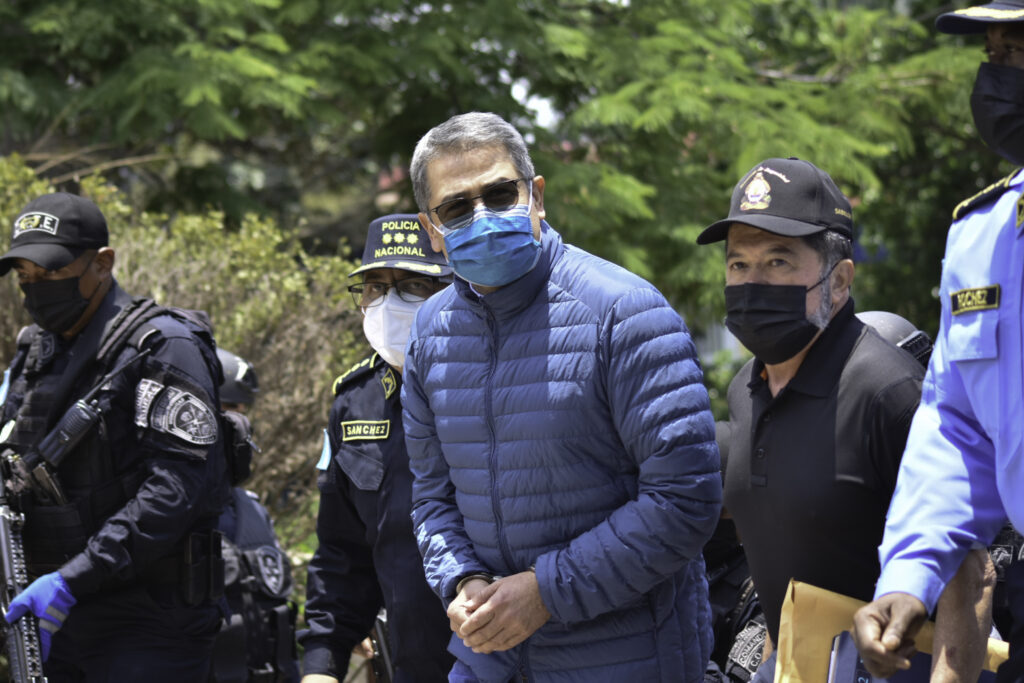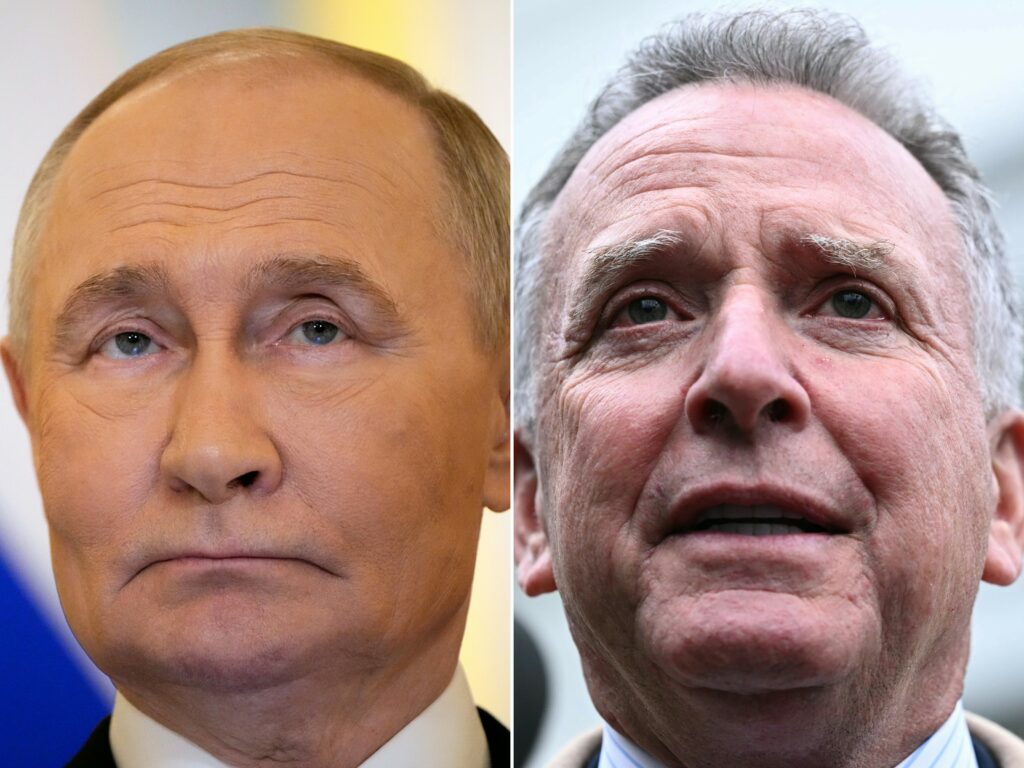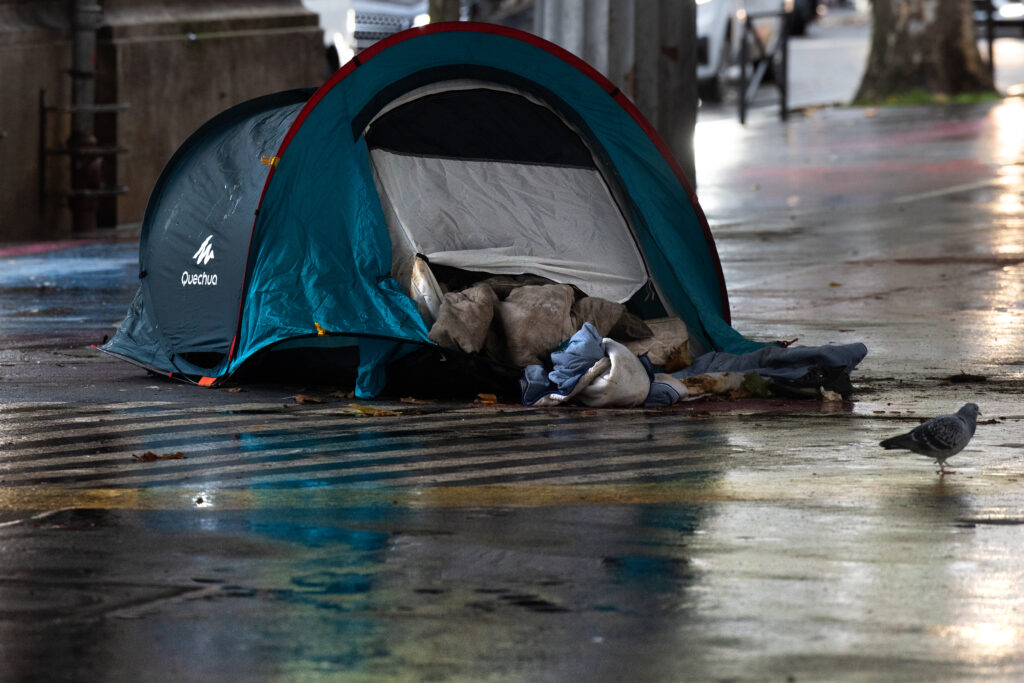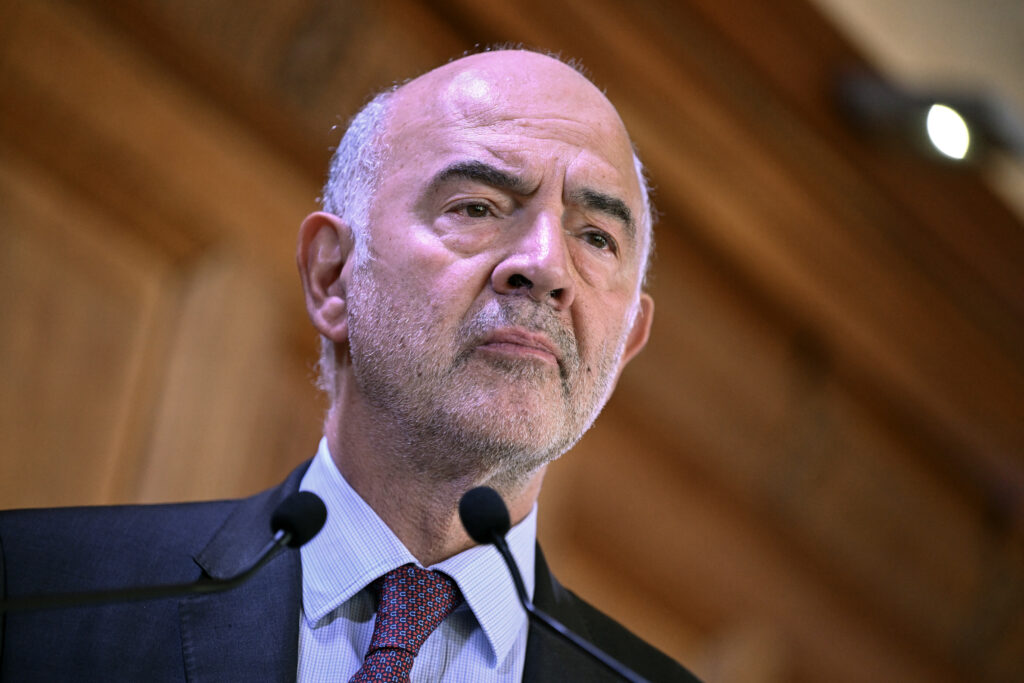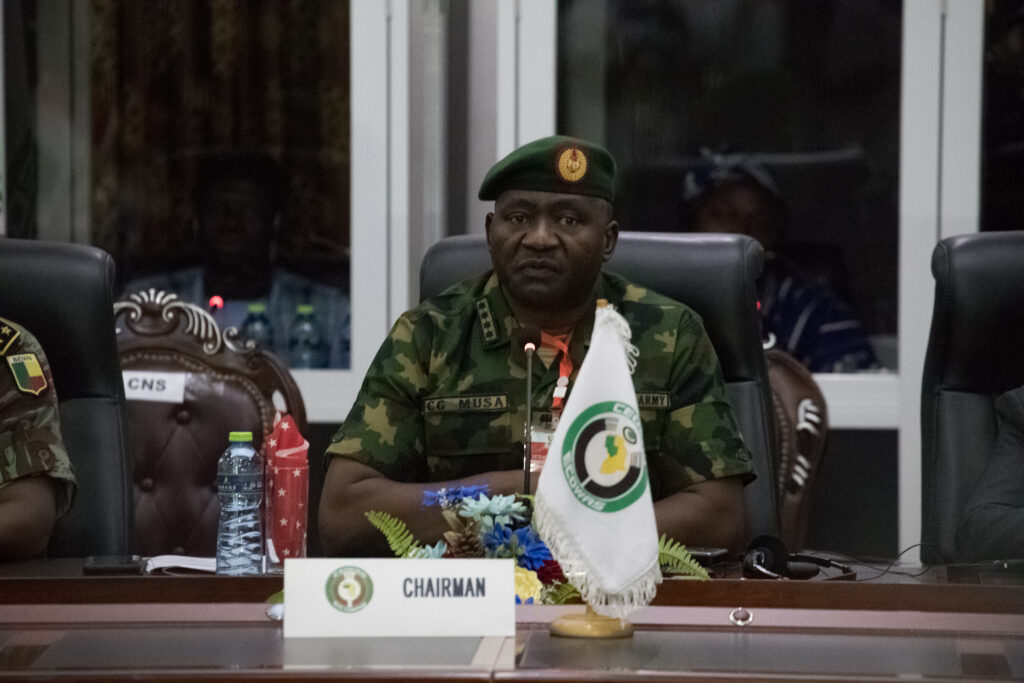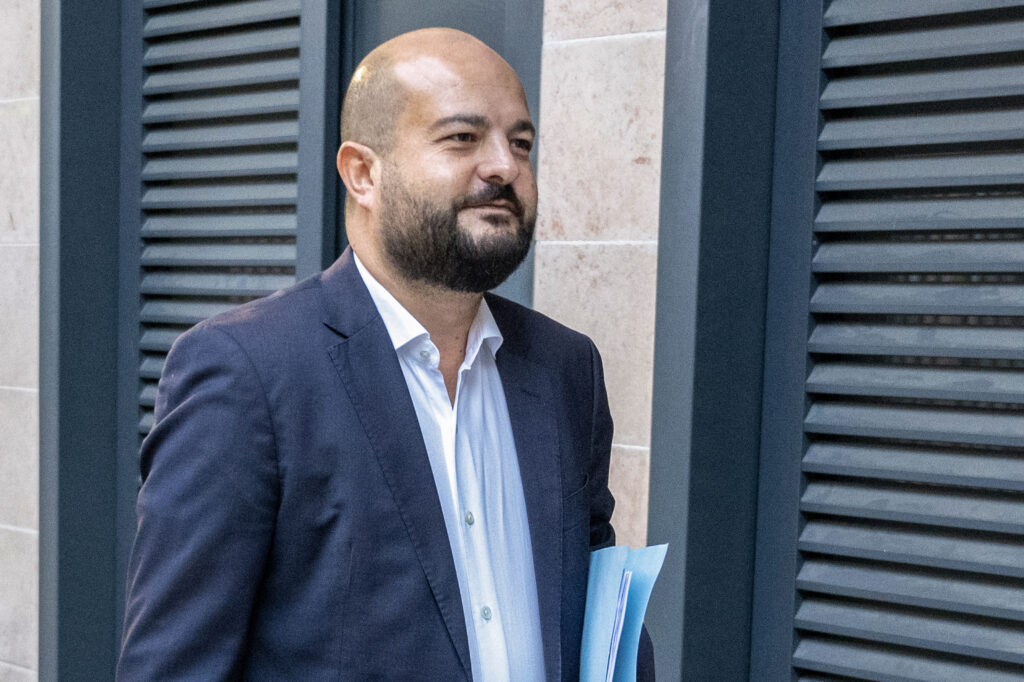Honduran ex-president leaves US prison after Trump pardons drug crimes
A former Honduran president convicted of helping to smuggle 400 tons of cocaine into the United States has left prison after being pardoned by President Donald Trump, his wife said Tuesday.Juan Orlando Hernandez was released from a West Virginia prison on Monday and was “once again a free man,” his wife announced on social media. He had been sentenced last year to more than four decades behind bars.Trump’s pardon — issued as the US military carries out a controversial campaign against alleged drug traffickers in Latin America — has provoked fierce criticism from his political opponents and bewilderment by some allies.The ex-president’s release also comes as Hondurans await final results from Sunday’s razor-close presidential election, in which Trump backed the candidate of Hernandez’s right-wing party.Hernandez’s pardon came as a surprise, given Trump has made an ostensible war against Latin American drug trafficking a centerpiece in his turbulent second term.A large contingent of US military forces are deployed in the Caribbean to pressure Venezuela’s leader Nicolas Maduro, whom the Trump administration has designated as part of a drug cartel.US forces are regularly blowing up small boats alleged to be carrying drugs, despite international experts saying the strikes amount to extrajudicial killings.Trump is also deeply involved in the Honduran election, where authorities say the result remains too close to call after a preliminary vote count.Trump is backing right-wing candidate Nasry Asfura, who holds a paper-thin lead. Trump warned late Tuesday there would be “hell to pay” if Honduras tries “to change the results.”Rixi Moncada, the ruling party candidate in Sunday’s election who is trailing far behind her right-wing rivals, accused Trump of “interventionist” meddling. – Alleged cartel links -Hernandez, who is from the same party as Asfura, led the Central American nation from 2014 to 2022.He was accused by US prosecutors of years-long efforts to aid drug cartels, including Mexico’s Sinaloa Cartel — designated by the Trump administration this year as a terrorist organization.Hernandez was extradited just weeks after leaving office, convicted and sentenced to 45 years in prison.Trump said last week that Hernandez “has been, according to many people that I greatly respect, treated very harshly and unfairly.”Hernandez’s wife Ana Garcia de Hernandez posted on social media that the release on Monday “was a day we will never forget.””After almost four years of pain, waiting, and difficult trials, my husband Juan Orlando Hernandez is once again a free man, thanks to the presidential pardon granted by President Donald Trump.”- ‘Doesn’t make any sense’ -The pardon came under fire from US lawmakers.”Trump is illegally blowing up boats in the Caribbean — supposedly to stop drugs coming into the US. Yet he pardons the former president of Honduras who was convicted of sending cocaine to the US,” Democratic Senator Ed Markey posted on X.”It doesn’t make any sense. Whatever Trump is doing in Venezuela, it’s not about drugs.”Senator Bill Cassidy, from Trump’s Republican Party, also slammed Trump’s move.”Why would we pardon this guy and then go after Maduro for running drugs into the United States?” he asked on X.White House Press Secretary Karoline Leavitt on Monday defended Trump, depicting Hernandez as the victim of prosecutorial overreach under former president Joe Biden.”He was opposed to the values of the previous administration and they charged him because he was president of Honduras,” Leavitt said.
